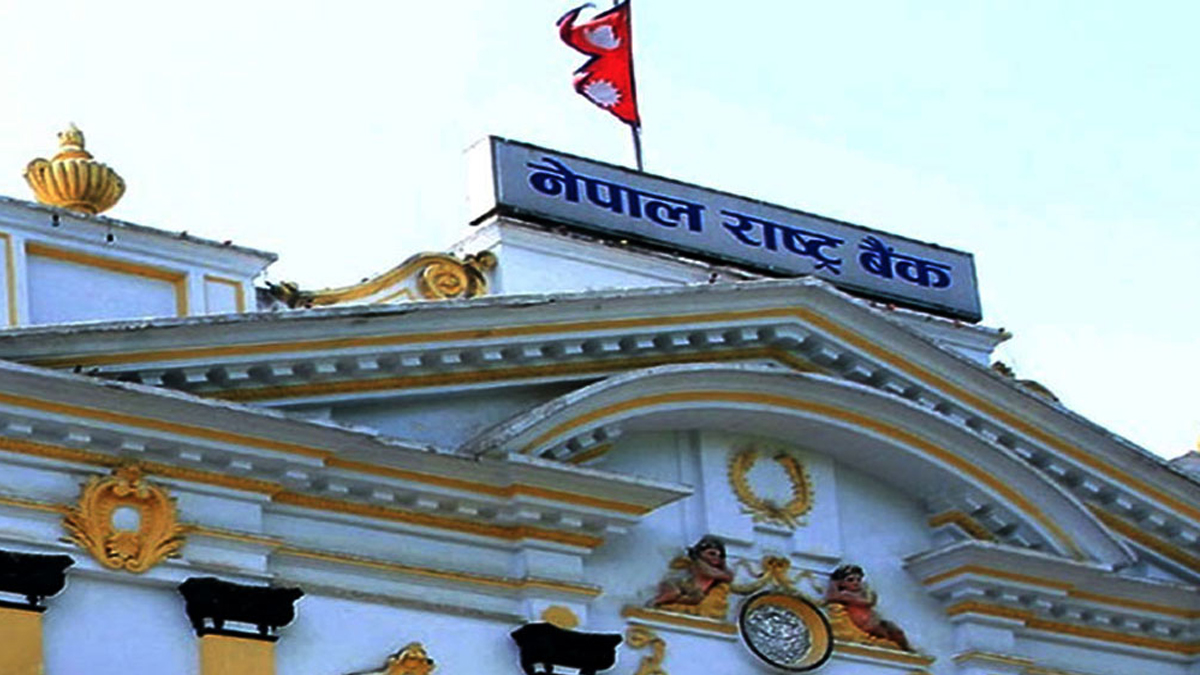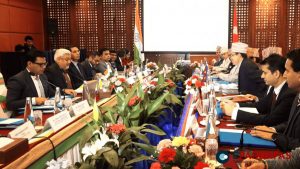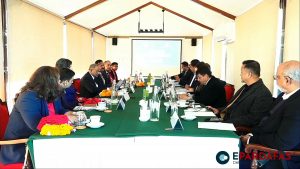
Share Loan Limit Soars to Rs. 200 Million

The Nepal Rastra Bank (NRB) has announced an increase in the share mortgage loan limit. The central bank has revised the unified directive 2079, which applies to banks and financial institutions categorized as ‘A,’ ‘B,’ and ‘C.’
The NRB has set the share mortgage loan limit at Rs. 150 million for individuals and Rs. 200 million for institutions. This marks an increase from the previous limit of Rs. 120 million. Additionally, the maximum single obligor limit for margin loans tied to securities from any licensed institution is now set at Rs. 150 million.
For institutional investors primarily engaged in the securities market, the maximum loan limit has been raised to Rs. 200 million. Banks and financial institutions providing these loans are required to ensure that the prescribed limits are not exceeded during loan extensions or renewals.
The central bank has also mandated a 100% loan loss provision for loans, disbursements, or renewals that exceed the specified limit.
Previously, there were demands from share investors to either increase the share loan limit or remove the share loan limit provision.
PAN Mandatory for Opening Fixed Accounts
In another important update, the Nepal Rastra Bank has made it compulsory to mention the Permanent Account Number (PAN) when opening a fixed account for deposits exceeding Rs. 5 million. This amendment to the unified directive 2079 mandates that licensed institutions must obtain the PAN of the depositor when accepting fixed deposits over Rs. 5 million from natural individuals.
Additionally, banks and financial institutions are required to protect deposits up to Rs. 500,000 in savings and fixed accounts for natural persons through the “Deposit and Credit Protection Fund.”
The NRB has also imposed restrictions on interest rates for loans and borrowing, ensuring that they do not exceed 2 percentage points. Any institution exceeding this limit in any month must rectify it within the same quarter. Failure to do so may result in legal action against the institution’s board of directors and chief executive officer, as per the Nepal Rastra Bank Act 2058.
Increased Loan Limit for Real Estate Mortgage
The NRB has introduced changes to real estate mortgage loans, allowing borrowers to access loans up to 50% of the value of their real estate mortgage, up from 30% in Kathmandu and 40% outside of Kathmandu.
Furthermore, in the case of Personal Residential Home Loans and loans for residential house construction projects, a loan-to-value ratio of up to 60% can be maintained, providing a boost to the real estate sector.
Flexible Policy on Vehicle Loans and Sector-Specific Lending Targets
The central bank has adopted a flexible policy on vehicle loans, with personal hire purchase/personal auto loans exceeding Rs. 2.5 million attracting a risk weight of 125%.
Starting from 2023/24, commercial banks must maintain a Countercyclical Buffer as specified in the Capital Adequacy Framework, reaching 0.5% by the end of that fiscal year.
The NRB has also set lending targets for banks and financial institutions, with a requirement to provide at least 15% of loans to the agricultural sector by mid-July 2026. Additionally, investments in the agriculture sector will increase in stages, reaching 15% by mid-July 2026.
Similarly, a minimum of 10% of loans must be disbursed to the energy sector by mid-July 2026, and at least 15% of loans should go to micro, cottage, small, and medium enterprises, including loans of less than Rs. 10 million and loans for the economically disadvantaged.
The NRB has urged banks and financial institutions to prioritize industries based on indigenous raw materials when disbursing loans to meet these targets.










Comments